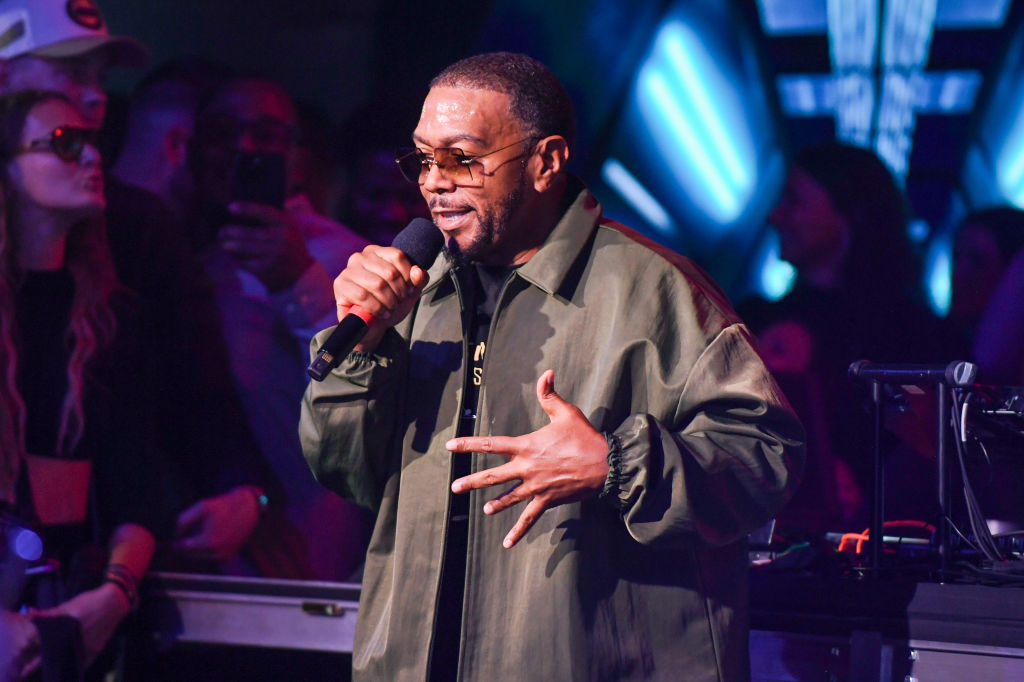Timbaland's AI Artist: Controversy & Music Future

The music industry is bracing for a seismic shift. Timbaland’s bold move to launch TaTa, an AI-generated artist under his Stage Zero imprint, isn’t just a novelty act – it’s a potential blueprint for a new era of music creation and consumption. While the initial reaction has been largely negative, with artists and industry figures voicing concerns about artistic integrity and job security, the underlying technology and business model suggest that **artificial pop**, or A-pop, is a trend that’s here to stay, and its implications extend far beyond simply replacing human musicians.
Timbaland’s defense – framing AI artists as akin to established fictional characters like Mickey Mouse – sparked immediate criticism. However, the core argument resonates with a fundamental truth about entertainment: character-driven content sells. As music executive Ray Daniels pointed out, the ability to create a consistent, controllable persona with endless creative output is incredibly valuable. This isn’t necessarily about *replacing* artists, but about creating new intellectual property with unprecedented scalability.
The appeal isn’t limited to producers and labels. AI music generation tools are becoming increasingly accessible, empowering anyone to create original music without traditional musical training. Platforms like Suno, which Timbaland has partnered with, are democratizing music creation, but also fueling anxieties about the devaluation of human skill. This accessibility is a double-edged sword, potentially flooding the market with content while simultaneously lowering the barrier to entry for aspiring artists.
The controversy surrounding Timbaland’s project isn’t just about the use of AI; it’s about control and ownership. British DJ Shy FX’s criticism, referencing Timbaland’s previous use of AI to recreate Biggie Smalls’ voice, highlights a key concern: the potential for exploiting artists’ legacies without proper consent or compensation. The legal landscape surrounding AI-generated content is still largely undefined, creating a gray area regarding copyright and intellectual property rights.
Currently, the ownership of AI-generated music is complex. If an AI is trained on publicly available data, the copyright status of the resulting output is debatable. However, if the AI is trained on proprietary data or guided by specific creative input, the ownership typically resides with the developer or the user who provided that input. This raises crucial questions: Who owns the rights to TaTa’s music? Timbaland? Stage Zero? Suno? The answers will have significant implications for the future of music licensing and revenue distribution.
A-pop is just one facet of a larger trend: the rise of “synthetic media.” This encompasses AI-generated images, videos, and text, all of which are rapidly improving in quality and accessibility. The implications extend far beyond the entertainment industry, impacting fields like marketing, education, and even politics. Understanding the capabilities and limitations of synthetic media is crucial for navigating the evolving digital landscape. For further exploration of synthetic media trends, see Brookings’ report on synthetic media.
Looking ahead, we can expect to see several key developments in the realm of AI music. Personalized soundtracks, tailored to individual preferences and moods, will become increasingly common. Imagine an AI that composes music in real-time based on your biometric data or your current activity. This level of personalization could revolutionize the listening experience.
The metaverse will also play a significant role. AI artists like TaTa are perfectly suited for virtual environments, where they can perform concerts, interact with fans, and generate revenue through virtual merchandise. The ability to create and control virtual performers offers unprecedented creative and commercial opportunities. The convergence of AI music and the metaverse could lead to entirely new forms of entertainment and social interaction.
Ultimately, Timbaland’s foray into A-pop isn’t about destroying the music industry; it’s about reimagining it. The backlash is understandable, but ignoring the potential of AI music is not an option. The future of music will likely be a hybrid one, where human creativity and artificial intelligence coexist and collaborate. What are your predictions for the role of AI in music creation? Share your thoughts in the comments below!












